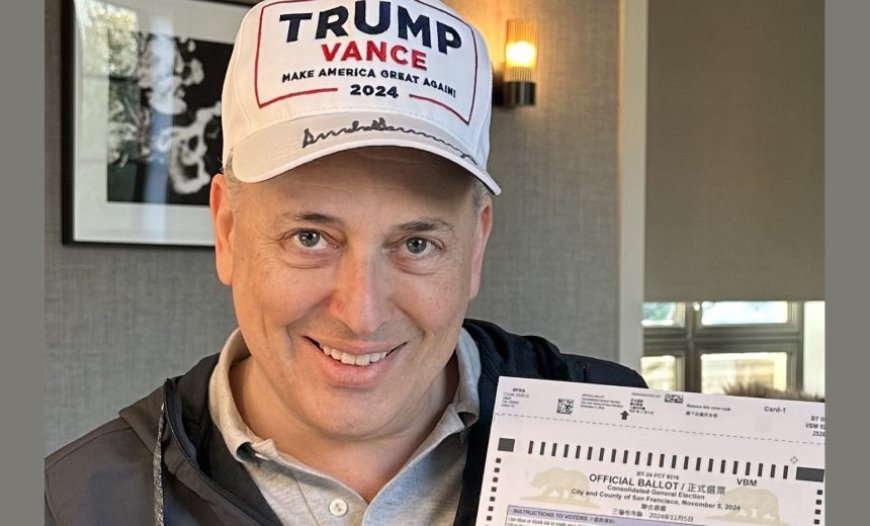White House Crypto Czar David Sacks Confirms He No Longer Holds Bitcoin or Ethereum

David Sacks, the White House’s AI and cryptocurrency czar, has revealed that he no longer owns any cryptocurrency, including Bitcoin (BTC), Ethereum (ETH), and Solana (SOL). His disclosure, made in a March 2 post on X, comes as the U.S. government deepens its engagement with blockchain technology under the Trump administration.
Sacks clarified that he sold all of his crypto holdings before assuming office, distancing himself from any potential conflicts of interest. However, his venture capital firm, Craft Ventures, continues to invest in blockchain startups, including Bitwise Asset Management, BitGo, and Multicoin Capital. Despite liquidating direct holdings, the firm remains actively involved in shaping the future of digital assets.
His statement follows a Financial Times report highlighting that Craft Ventures still maintains strategic investments in the crypto sector. Sources suggest the firm divested its direct crypto assets shortly after Trump’s inauguration, aligning with a more regulatory-focused approach while still supporting industry innovation.
Trump Administration’s Crypto Push Gains Momentum
Sacks' disclosure comes at a pivotal moment, as President Trump has made clear his intention to position the U.S. as a global leader in cryptocurrency. On March 2, he announced the formation of a strategic crypto reserve, a move that sent crypto markets soaring by 12%. The plan underscores the administration’s pro-crypto stance and signals a shift in U.S. policy toward embracing digital assets.
Adding further weight to this initiative, Trump is set to host the first-ever White House Crypto Summit on March 7, where policymakers and industry leaders will discuss regulations, stablecoin adoption, and the role of the national crypto reserve.
Eric Trump, the president’s son, praised the move, emphasizing its impact on traditional finance. “For the first time, retail investors win,” he said, noting that announcing the plan on a Sunday prevented Wall Street from reacting immediately. His comments hint at a growing divide between decentralized finance and traditional markets.
With Sacks shaping crypto policy and the administration pushing for stronger regulatory clarity, could the U.S. finally be setting the stage for mainstream institutional adoption of digital assets?







